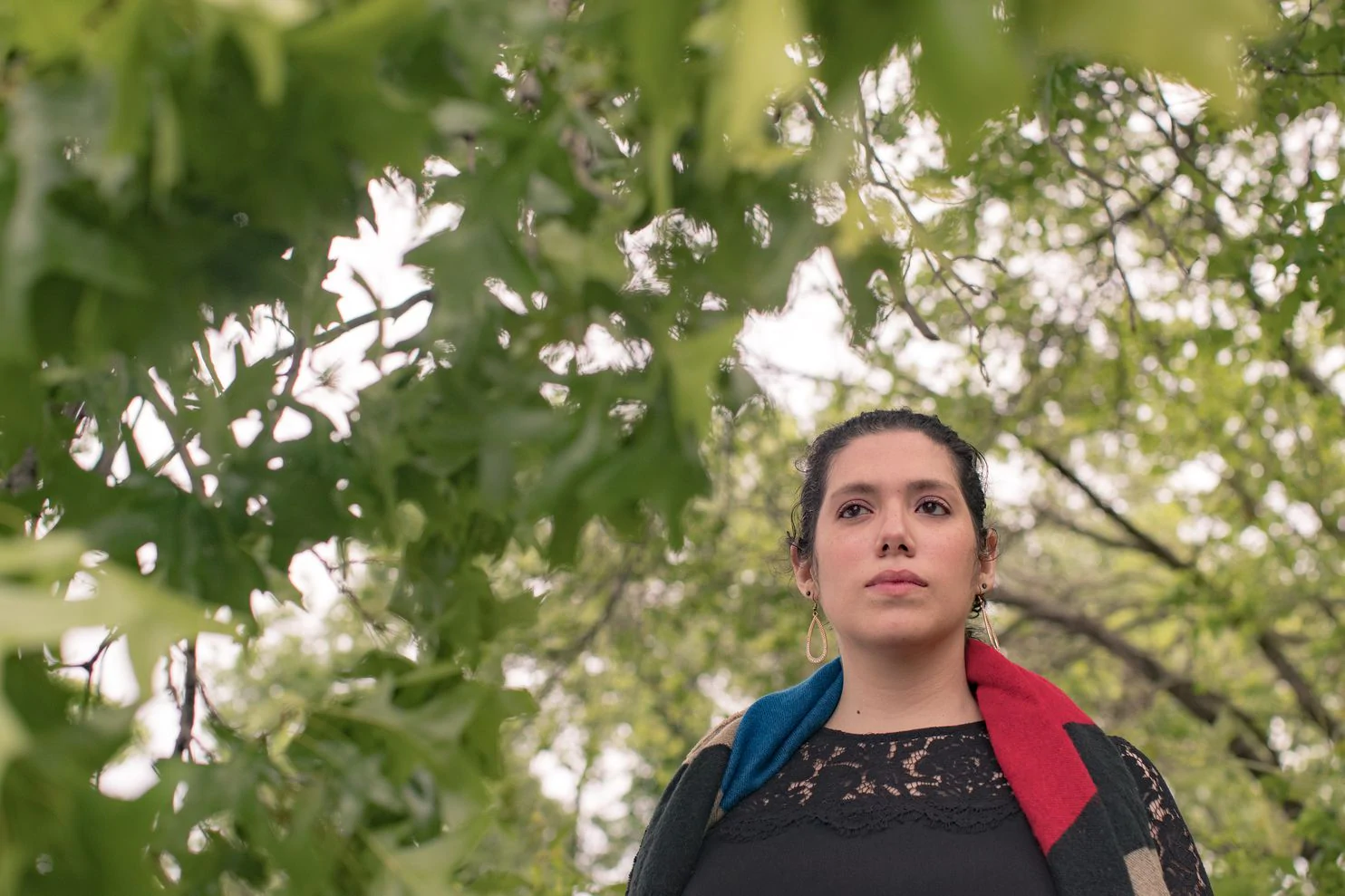It started for Melanie Montano with a tightness in her chest, almost like someone was sitting on top of her. It was March 15, and she was sweating but freezing cold. And she had a strange “pins-and-needles” sensation on the back of her legs.
“It was as if I woke up in a totally different body,” she recalled.
Over the following weeks, Montano, 32, developed a fever, cough, stomach problems, and lost her sense of taste and smell like other sufferers of the novel coronavirus. Unlike most of them, though, her symptoms never went away. They kept coming and going in waves like a roller coaster that has kept her bed-bound for 89 days straight — through school shutdowns, shelter-in-place orders, protests over those restrictions, and now, state reopenings.
Those infected with the coronavirus are urged to self-quarantine for 14 days, partly based on the idea that symptoms usually last about that long. While the majority of people with mild illness recover completely in that time, doctors say they’re seeing a small percentage like Montano who remain sick for many weeks, or even months.
But with so little known about the virus, they’re unsure whether those symptoms suggest it is still alive in the body and creating continued havoc, or whether it has come and gone, leaving a lingering immune or inflammatory response that makes people continue to feel sick.
“The bottom line is we just don’t know,” said Adam Lauring, an infectious- diseases physician at the University of Michigan.
Juana Diaz, 62, from Washington, D.C., has had symptoms since April 3. They started with a headache and scratchy throat. She wasn’t concerned, she said, although “I never have headaches.” The following day, she lost her sense of taste and smell and immediately knew what was happening.
Cara Schiavo, a 31-year-old social worker from Cedar Grove, N.J., came down with something that looked like pinkeye on March 15, and then wound up in the emergency room when she developed a fever and other symptoms. Since then, “I haven’t had a day when I’ve been back to normal.”
Matthew Long-Middleton, 35, a radio journalist in Kansas City, Mo., was struck with fever, chills and typical flu-like symptoms on March 11, and has never fully recovered. “I sometimes try to work from bed, but sometimes just sitting up is too much,” he said.
Post-viral syndromes have been associated with numerous viruses in the past, but until the pandemic, they were considered relatively rare. In the case of covid-19, researchers are unsure whether people with extended symptoms are simply facing a long recovery — or whether their illness will come to resemble something like myalgic encephalomyelitis/chronic fatigue syndrome, a complex illness characterized by profound exhaustion and sleep problems, or other conditions that can last for years, or a lifetime.
“Covid is a totally different animal,” said Bruce Farber, chief of infectious diseases at Northwell Health, New York State’s largest health system. “You see that with very few respiratory diseases. Even with influenza for the most part, you live or die.”
The virus also involves so many parts of the body — from the brain to the toes — that some symptoms may be due to damage to different organs that have not repaired themselves. Patients describe everything from a decrease in lung function to a persistent loss of taste and smell.
“It’s a pretty bad infection even in mild cases,” said Avindra Nath, clinical director of the National Institute of Neurological Disorders and Stroke at the National Institutes of Health.
Some patients with long-tail illness are testing positive, then negative and positive again for the coronavirus. Many scientists believe the tests are likely picking up dead virus — in studies, it has only been active nine to 11 days. But a few autopsies have shown the virus lurking in puzzling place like the spleen, creating continuing uncertainty. Nath, who is launching a study on the long-term trajectories and persistent symptoms of some covid-19 survivors, said he hopes to answer some of these questions in the coming months as research begins to yield results.
“It is hard to know if this kind of long-tail phenomenon is more pronounced or more common” with this virus, Lauring said. “Or we are just seeing things that come to our attention because there is a heightened awareness. B

